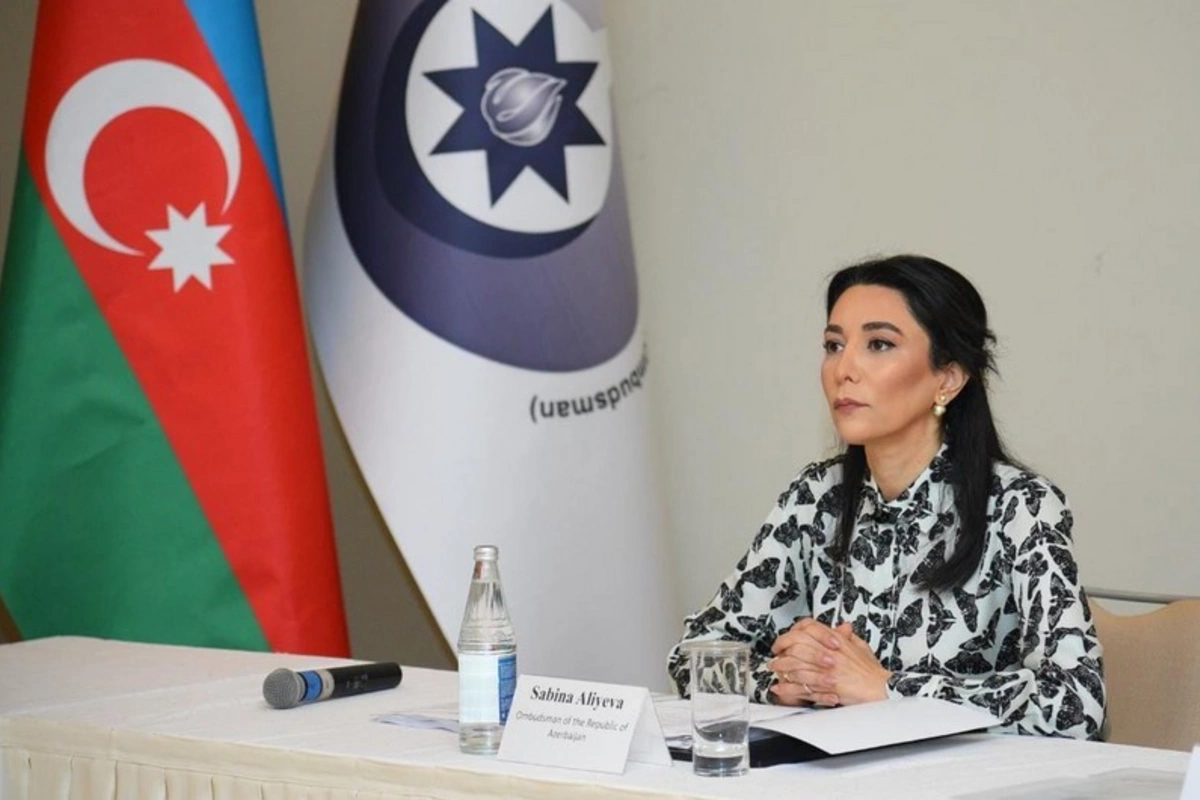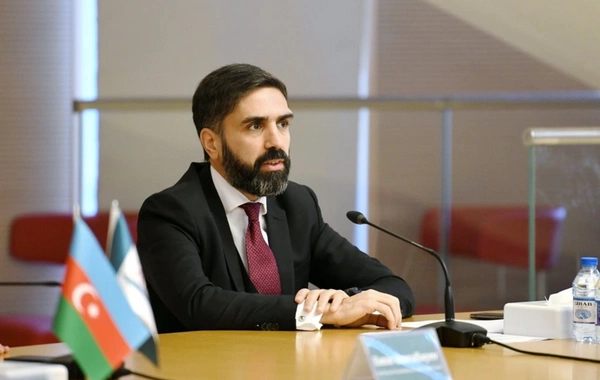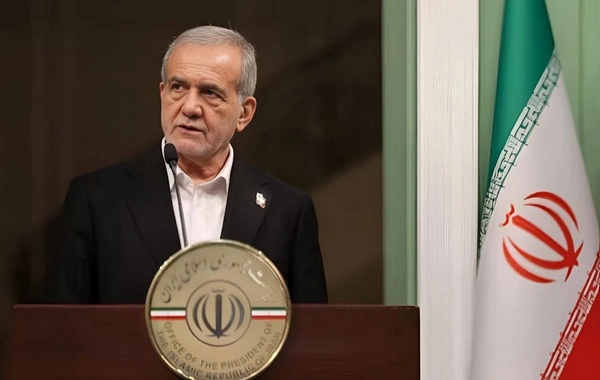Ombudsman of Azerbaijan called for recognition of the 1918 genocide of Azerbaijanis

The Commissioner for Human Rights (Ombudsman) of the Republic of Azerbaijan made a statement in connection with March 31 - the Day of Genocide of Azerbaijanis, reports BAKU.WS.
The statement notes that for more than a century, Azerbaijanis have been subjected to a deliberate policy of genocide and ethnic cleansing by Armenians. As part of this policy, genocide crimes were systematically and with particular cruelty committed against Azerbaijanis of Turkic and Muslim origin in the territory of Azerbaijan and present-day Armenia since the beginning of the 20th century.
"These acts of genocide committed against Azerbaijanis in 1918 remain in memory as one of the bloodiest pages of our history, as well as mass killings based on ethnic and religious hatred. The anti-Muslim, anti-Azerbaijani policy pursued by Armenian nationalists led to mass killings, destruction of villages and cities, historical, religious and cultural monuments, cemeteries, complete destruction of families, and the forced expulsion of Azerbaijanis from their native lands.
Mass killings committed in Baku, Shamakhi, Guba, Karabakh, Zangezur, Irevan, Nakhchivan, Lankaran, Ganja, Goychay, Sheki, Sabirabad, Salyan, Kurdamir and other regions were aimed at erasing the existence of Azerbaijanis in these lands.
Thus, during the March events, Armenians completely burned and destroyed 110 villages of Shamakhi district, more than 150 villages of Karabakh, 115 villages of Zangezur district, 98 villages of Kars region, 167 villages of Guba district, and the innocent population was ruthlessly killed. Countless human bones dating back to that period, later found in the city of Guba and reflecting traces of cruelty, inhumanity and vandalism with which this crime was committed, clearly prove that the direct perpetrators of these killings - Armenians - destroyed innocent people precisely because they were Azerbaijanis, out of hatred.
The existence of confirmed documents and historical records is an irrefutable indicator of these atrocities. Archival data, testimonies of surviving witnesses, as well as other legal documents explain in detail the scale of the killings that took place, confirm that these events were aimed at ethnic cleansing and were committed systematically, not accidentally. Analysis of these documents proves that the crimes committed, according to international law, are precisely the crime of genocide.
Unfortunately, throughout history, a fair position on an international scale has not yet been expressed regarding the crimes of genocide committed with particular cruelty against our compatriots on ethnic grounds.
By the decree of national leader Heydar Aliyev "On the Genocide of Azerbaijanis" dated March 26, 1998, March 31 was declared the Day of Genocide of Azerbaijanis, and appropriate research was initiated to give a political and legal assessment of the acts of genocide, as well as the implementation of appropriate measures in the direction of revealing the truth.
Giving a political and legal assessment of the crimes of genocide committed against Azerbaijanis, achieving their recognition at the international level, and widely honoring the memory of the victims of genocide is very important in terms of preventing the recurrence of such crimes against humanity.
The international community should give a political and legal assessment of the series of crimes of ethnic cleansing and genocide committed against Azerbaijanis, recognize the criminal acts committed in 1918 as genocide, and make serious efforts to restore historical and legal justice," the statement says.
Similar News
President Ilham Aliyev met in Davos with European Union Commissioner for Enlargement Marta Kos
On January 21, the President of the Republic of Azerbaijan Ilham Aliyev met in Davos with the European Union Commissioner for Enlargement Marta Kos. As reported...




 Azərbaycanca
Azərbaycanca  По-русски
По-русски  English
English 





